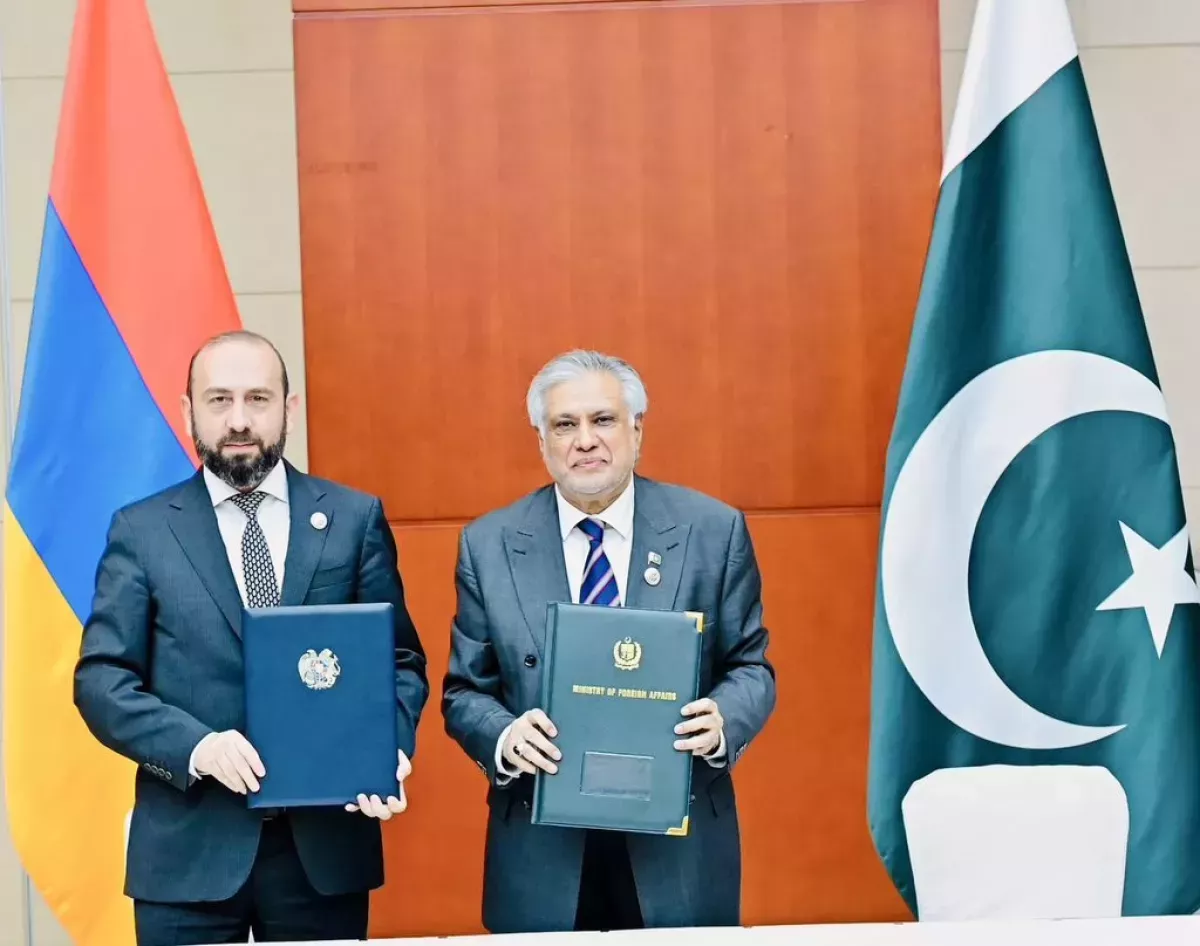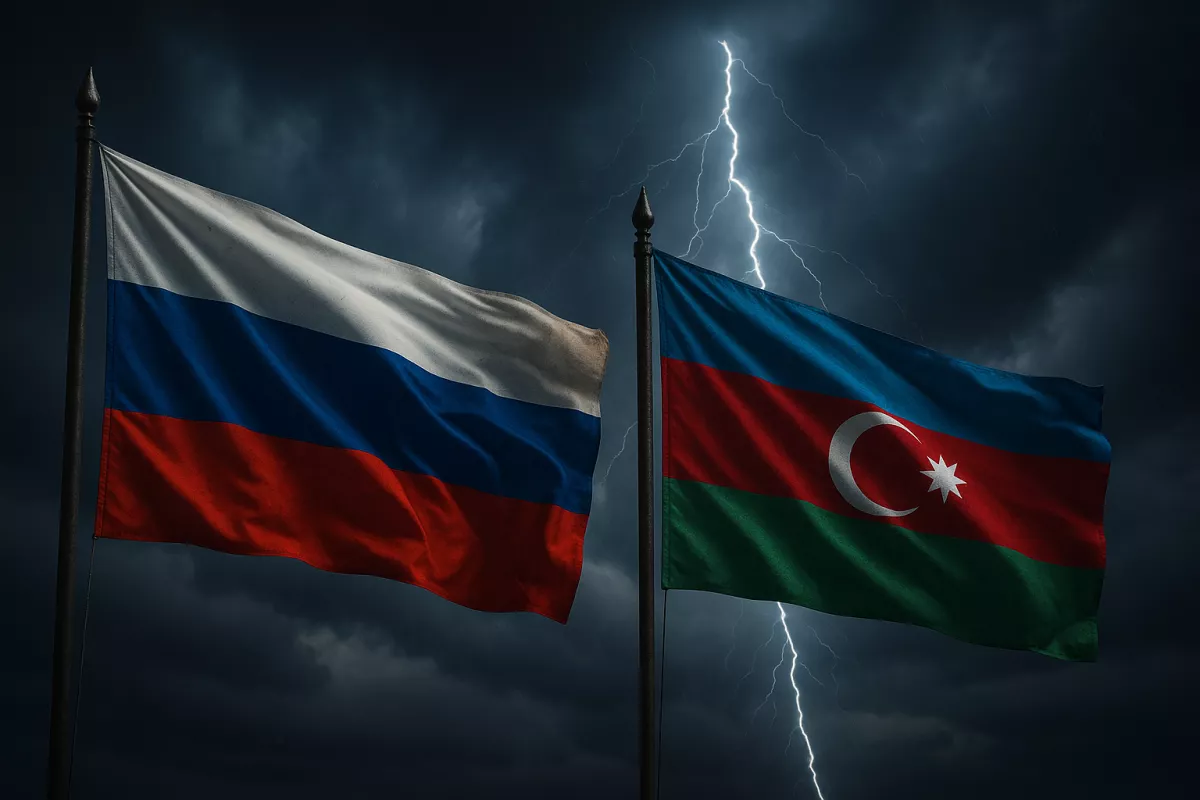Modi’s cunning, Moscow’s intrigue Azerbaijan draws its conclusions
The Shanghai Cooperation Organisation (SCO) summit in the Chinese city of Tianjin has concluded, but the geopolitical “aftertaste” continues to linger. The fact is that Azerbaijan’s membership in this influential regional structure was blocked. And now, some time after the event, new details have emerged that clearly warrant discussion.
According to APA, citing its diplomatic sources, the Russian Foreign Ministry played a key role in this, having prearranged with its Indian counterparts a “tactical manoeuvre”: to present New Delhi as the formal initiator of blocking Azerbaijan’s SCO membership, while Moscow itself remained in the shadows.
This is an outright provocation. After all, China—not only the host country of the current SCO summit but also the most significant state within the organisation—has consistently and openly supported its expansion and Azerbaijan’s full membership.
Recently, the Indian Ministry of Foreign Affairs rushed to issue an official denial. Indian Foreign Ministry spokesperson Randhir Jaiswal stated that “this is not about blocking at all,” but rather about a lack of time: allegedly, the member states “did not have enough time” to review the applications of Azerbaijan and Armenia.
Such explanations, to put it mildly, are hardly convincing. After all, this concerns a strategic issue—the expansion of the SCO—where decisions are not made spontaneously, but prepared months or even years in advance of summits. Citing a lack of time is effectively an admission that New Delhi did not have ready arguments capable of clarifying the real reason for the refusal. In essence, India is attempting to justify itself not only to Azerbaijan but also to China, whose position in support of Baku has been clear and consistent.

An interesting detail: just a few days before the summit, Armenian Foreign Minister Ararat Mirzoyan loudly announced Yerevan’s intention to become a full member of the Shanghai Cooperation Organisation. Moreover, a notable event took place on the sidelines of the summit—Armenia and Pakistan signed a joint communiqué establishing diplomatic relations. For Yerevan, this step had practical significance: it removed the main obstacle to SCO membership, since Islamabad had previously consistently opposed Armenia’s accession to the organisation.
However, things did not go as planned. At the summit, Pakistan was once again forced to veto Armenia’s entry into the organisation. The reason is clear: Islamabad witnessed, to put it mildly, India’s unseemly conduct towards Azerbaijan. Supporting Yerevan’s candidacy at a moment when Baku was under pressure from Indian diplomacy was simply something Pakistan could not allow itself.
This, as we see it, is the real situation. Notably, while India at least offers a formal explanation for its actions, Moscow’s role is evident without words. Azerbaijani–Russian relations have experienced an obvious crisis in recent months, and the blame for this lies entirely with Russia. As is well known, it all began in December of last year, when Russian air defence shot down an Azerbaijan Airlines (AZAL) plane on the Baku–Grozny route, killing 38 of the 67 people on board. Azerbaijan possesses all the evidence showing that this tragedy was caused by Russia. However, the Russian authorities have not officially acknowledged their responsibility for the incident, nor have they punished those at fault.

At the same time, an information campaign against Azerbaijan unfolded in the Russian media and on Telegram. Moreover, Moscow has increased pressure on the Azerbaijani diaspora in Russia and targeted Azerbaijani energy infrastructure facilities located in Ukraine. All of this has been accompanied—and continues to be accompanied—by jubilant cheering and anti-Azerbaijani statements from Russian propagandists and even members of the State Duma.
Under these circumstances, Russia’s behind-the-scenes role in blocking Azerbaijan’s SCO membership seems logical and fits into the broader context of the Kremlin’s anti-Azerbaijani actions. Let us emphasise again: all of this was done despite China openly supporting Azerbaijan’s accession to the SCO for several years. Beijing sees Baku as a reliable partner in transport and logistics projects, energy security, and the creation of a multipolar world.
Therefore, the actions of Moscow and New Delhi also appear as a demonstration of disrespect towards China. The statement from the Indian Ministry of Foreign Affairs is, most likely, an attempt to mitigate the fallout from what has occurred. However, the sabotage did take place, and it will be discussed for a long time, including in Beijing, albeit behind closed doors.
The key element in this story is Azerbaijan’s reaction. In Baku, it is perfectly clear who and in what manner stood in the way of its SCO membership; it is understood that behind India’s step—though vehemently denied—Russia’s shadow looms, and conclusions are being drawn. The country is strengthening strategic cooperation with the SCO’s main actor—China. The more Moscow and New Delhi try to hinder the development of Azerbaijani–Chinese relations, the more actively Baku will deepen its ties with Beijing.
As for membership in the Shanghai Cooperation Organisation, there is no rush. Azerbaijan will achieve all the goals it has set for itself, as it always has.








